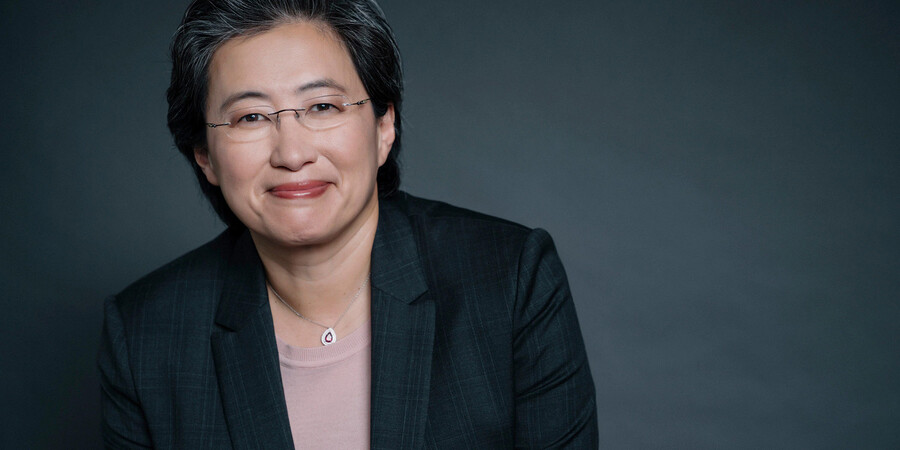Friday, March 17, 2023 | 3:00 – 4:00pm ET, MIT Building E51-115, Wong Auditorium, Tang Center
Speaker: Pat Gelsinger, Intel
Abstract: Pat Gelsinger will speak about Intel’s future on the frontier of semiconductor manufacturing. Intel has committed to rebuilding semiconductor manufacturing in the US. It was at the center of talks around the $52 billion CHIPS Act. It is opening new fabs in Arizona and Ohio. Gelsinger will share his vision for the future of semiconductor technology, what role Intel will play, and how universities including MIT can help the US regain a leading position in the next decade.
Talk hosted by the Manufacturing@MIT Distinguished Speaker Series.
 Speaker Bio: Patrick (Pat) Gelsinger is chief executive officer of Intel Corporation and serves on its board of directors. On Feb. 15, 2021, Gelsinger returned to Intel, the company where he had spent the first 30 years of his career.
Speaker Bio: Patrick (Pat) Gelsinger is chief executive officer of Intel Corporation and serves on its board of directors. On Feb. 15, 2021, Gelsinger returned to Intel, the company where he had spent the first 30 years of his career.
Before rejoining Intel, Gelsinger was CEO of VMware. In that role, he transformed VMware into a recognized global leader in cloud infrastructure, enterprise mobility and cyber security – almost tripling the company’s annual revenues. Gelsinger was also ranked the best CEO in America in 2019, according to an annual survey by Glassdoor. Prior to joining VMware in 2012, Gelsinger was president and chief operating officer of EMC’s Information Infrastructure Products business, overseeing engineering and operations for information storage, data computing, backup and recovery, RSA security and enterprise solutions.
Gelsinger began his career in 1979 at Intel, becoming its first chief technology officer, and also serving as senior vice president and the general manager of the Digital Enterprise Group. He managed the creation of key industry technologies such as USB and Wi-Fi. He was the architect of the original 80486 processor, led 14 microprocessor programs and played key roles in the Intel® Core™ and Intel® Xeon® processor families, leading to Intel becoming the preeminent microprocessor supplier.
Gelsinger earned several degrees in electrical engineering: an associate degree from Lincoln Technical Institute, a bachelor’s degree from Santa Clara University and a master’s degree from Stanford University. He holds eight patents in the areas of VLSI design, computer architecture and communications, is an IEEE Fellow, and serves as a member of the National Security Telecommunications Advisory Committee.
Read more about this event from MIT News.
Explore
What Makes a Good Proton Conductor?
Zach Winn | MIT News
MIT researchers found a way to predict how efficiently materials can transport protons in clean energy devices and other advanced technologies.
Lisa Su ’90, SM ’91, PhD ’94 to deliver MIT’s 2026 Commencement address
Kathy Wren | MIT News
An electrical engineer by training, Su is the chair and CEO of the semiconductor company AMD.
New Materials Could Boost the Energy Efficiency of Microelectronics
Adam Zewe | MIT News
By stacking multiple active components based on new materials on the back end of a computer chip, this new approach reduces the amount of energy wasted during computation.




